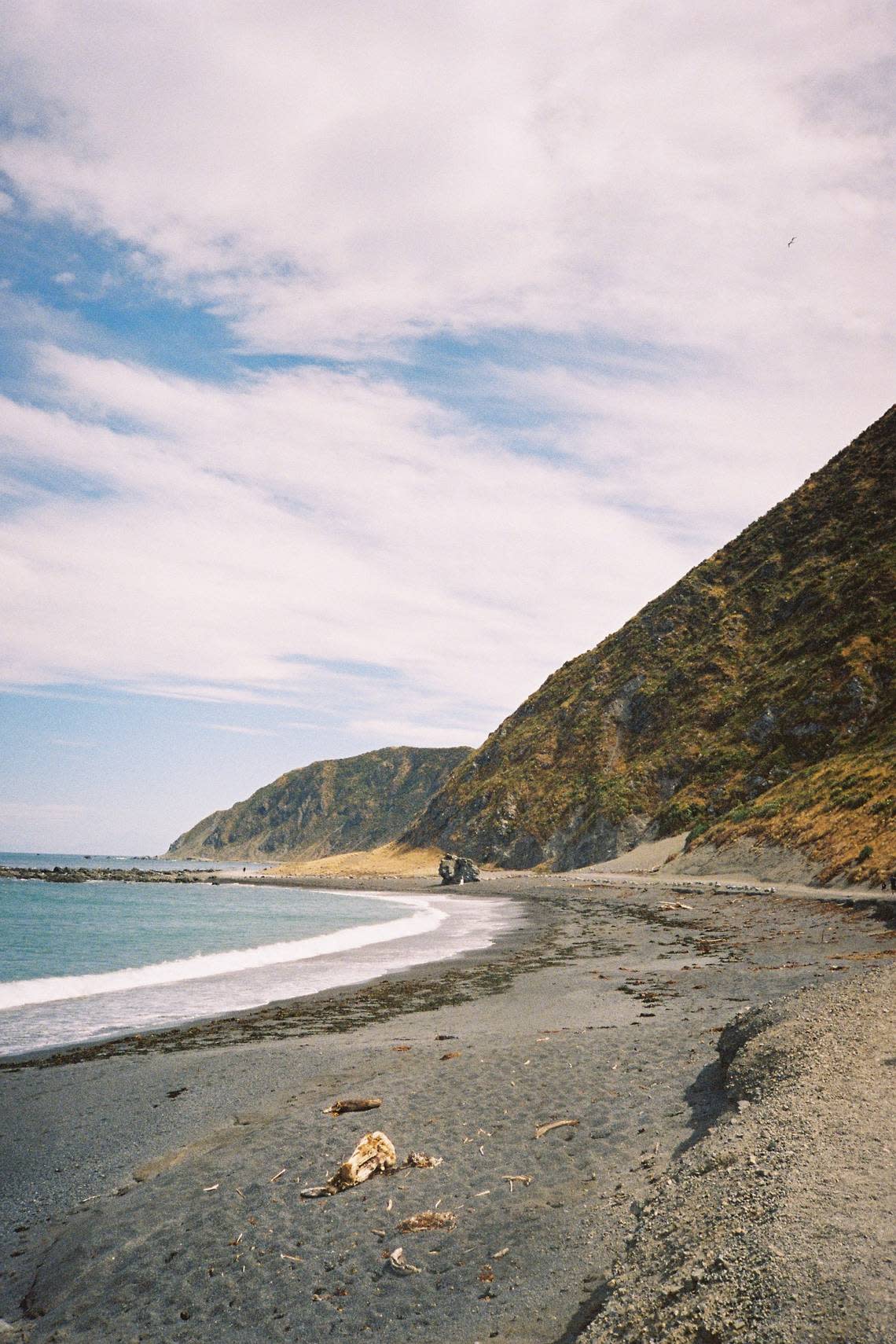‘Ridiculously cute’ kiwi chicks mark rare wild birth — and experts celebrate. See them

New Zealand conservationists confirm two kiwi chicks have been born in the wilds of the capital region of Wellington for the first time in more than 150 years.
The Capital Kiwi Project, which announced the discovery on Nov. 28, is one of many groups on a mission to restore large-scale kiwi populations. In 2022, the group released 63 adult birds to the Wellington region in an effort to establish a breeding population, with plans to release a total of 250 birds over the next several years.
“They are ridiculously cute,” Paul Ward, Capital Kiwi Project founder, told The Guardian.
Kiwis — the flightless, fluffy and iconic symbol of New Zealand — once numbered in the millions throughout the country. But habitat loss and growing predator populations decimated their numbers and threatened their existence, leaving roughly 70,000 left in the wild, according to New Zealand Department of Conservation estimates.
In addition to releasing and monitoring adult kiwis, the group also partnered with local landowners to set up more than 4,500 stoat traps. Stoats, a species of weasel, are one of the largest threats to kiwi populations and are responsible for roughly half of all kiwi chick deaths.
“The coming months are vitally important as they grow and put on weight to the point that they can fend off stoats with their big claws,” Ward told The Guardian.
Kiwis are most closely related to an extinct species called the elephant bird — a flightless bird out of Madagascar that stood nearly 10 feet tall, according to researchers.
Kiwis, which are nocturnal and can grow up to 2 feet tall and weigh over 8 pounds, snack on a variety of bugs, crustaceans, snails, fruits and berries, according to the Smithsonian’s National Zoo and Conservation Biology Institute.
And they have a specific method of tracking down their prey.
“They smell their prey rather than see it,” according to the Smithsonian. “Though their eyes are small, their ears are unusually large.”
Ward told Radio New Zealand that the milestone births are “a wonderful Christmas present,” but urged people to temper their expectations about what may come next.
“The successful breeding reinforces that the Wellington hills were suitable habitat for kiwi,” he told the radio station. “While this is hugely exciting, it is early days. These chicks now need to fend for themselves in the wild.”
First-of-its kind white platypus seen splashing in Australia river, videos show
‘Large’ sea creature breathes with its legs, sucks prey with ‘straw.’ See new species
Rare bird spotted diving in Tennessee lake, experts say. It’s a first for Southeast


